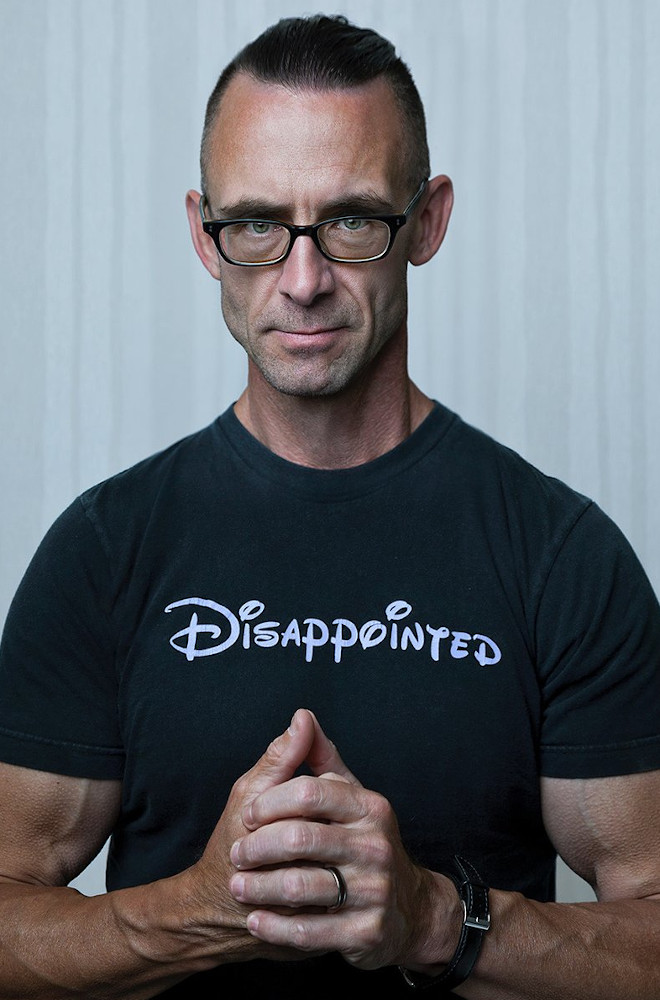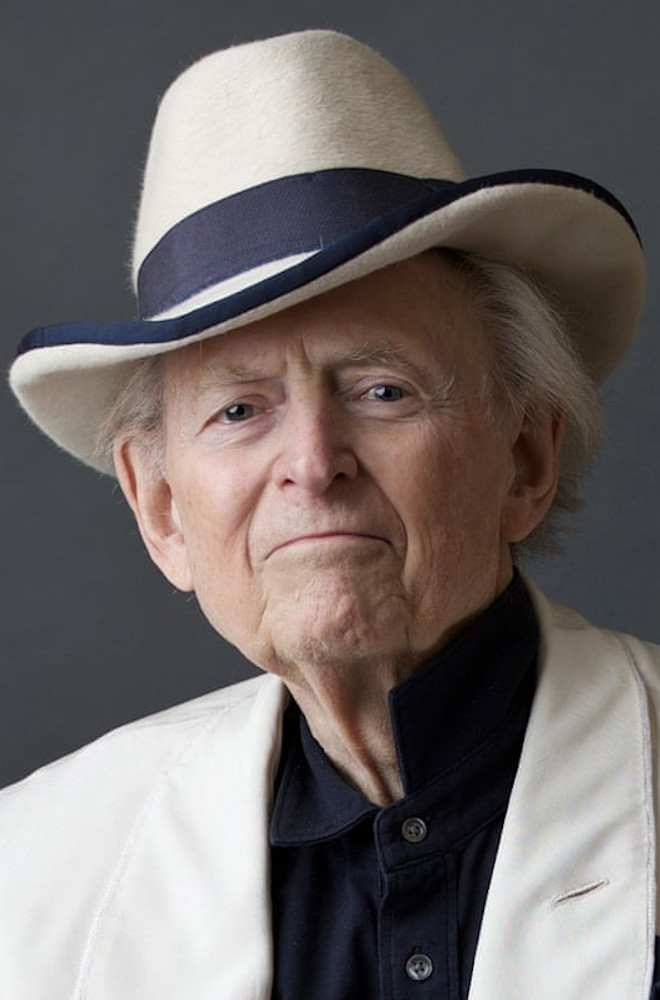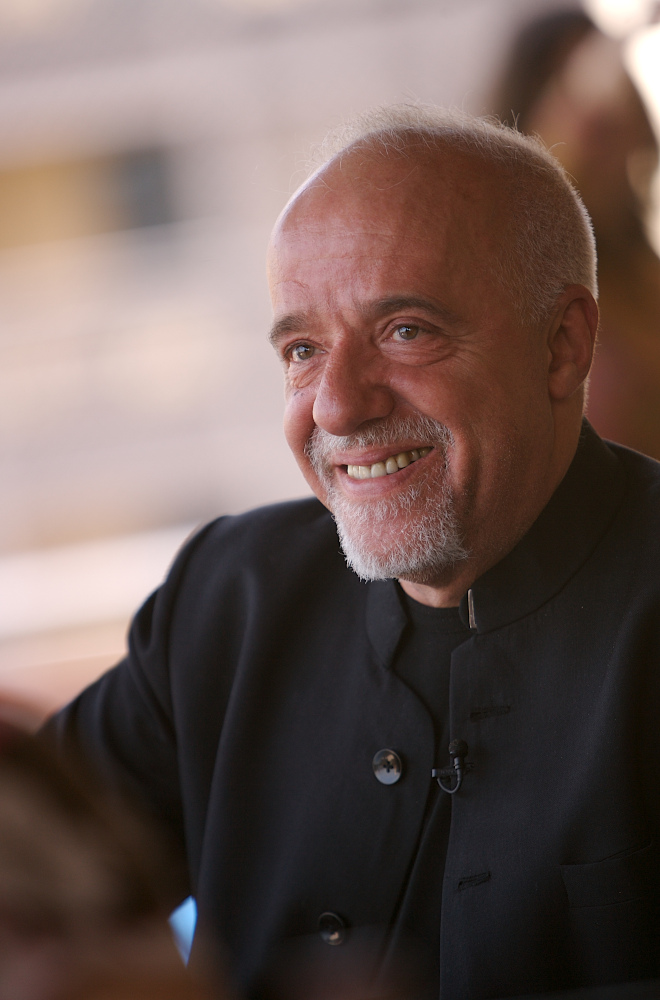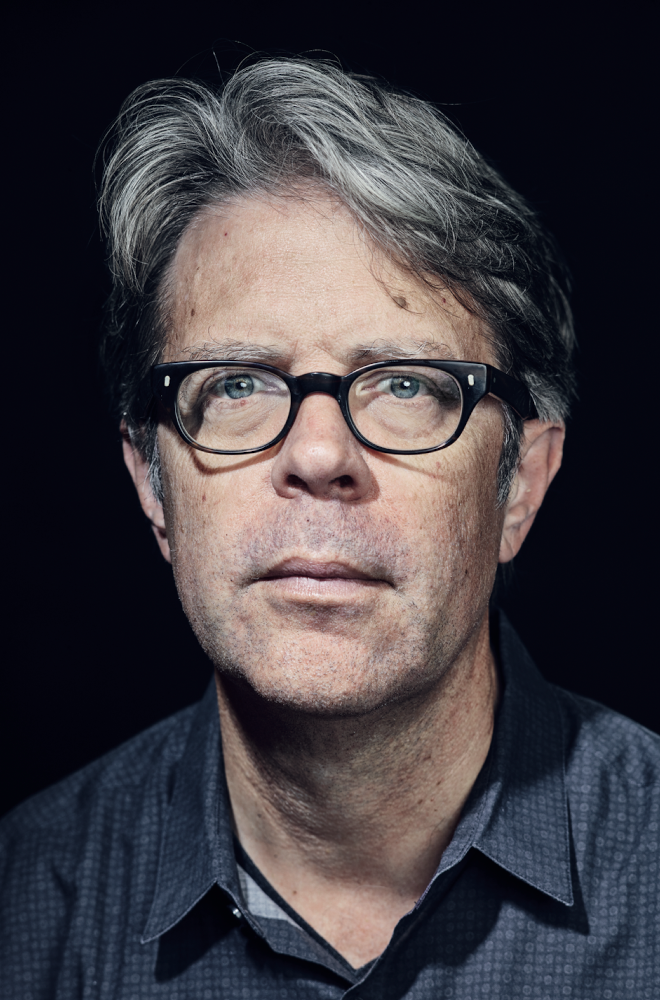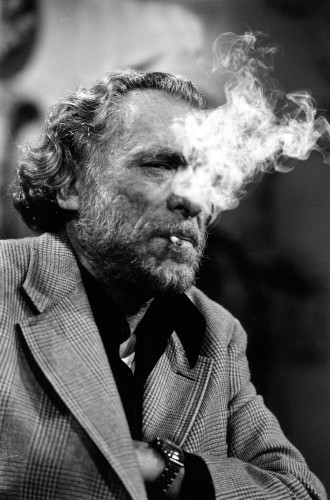 Bio
Bio
Charles Bukowski was born Heinrich Karl Bukowski in Germany, in the year 1920. His father was a German-American soldier, posted in Germany in the American occupation of the country following World War II.
Life
Eventually, the Bukowski family moved back to the U.S., where Charles grew up and spent most of his life in the city of Los Angeles. In fact, the city is prominently featured in his writing, and critics have praised the realism with which the inhabitants of the city of angels are described, giving his writing a real Los Angeles feel.
Best Charles Bukowski Books
| Photo | Title | Rating | Length | Buy |
|---|---|---|---|---|

|
Ham On Rye | 9.52/10 | 288 Pages | Check Price On Amazon |
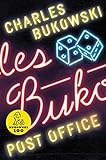
|
Post Office | 9.08/10 | 162 Pages | Check Price On Amazon |

|
Factotum | 9.02/10 | 208 Pages | Check Price On Amazon |

|
Women | 8.86/10 | 291 Pages | Check Price On Amazon |

|
Love is a Dog From Hell | 9.36/10 | 312 Pages | Check Price On Amazon |
Writing
Bukowski is best known for his descriptions of struggling lower class “low-lives”. In general terms, his work describes the drudgery of poor, ordinary Americans’ daily lives and issues, and many of the topics that are common in his world: problems with alcoholism, lack of satisfaction with dreary, menial, dead-end jobs, and unhealthy relationships to sex and women.
Career
For most of his life, until he was middle-aged, fame eluded him and he was an underdog in the literary world, his poems not being most people’s cup of tea (or pint of beer). It was in 1969 when he quit his job at the post-office and started to write full time for Black Sparrow Press after an offer the publishing house made that his fate started to change.
Shortly after accepting the offer, he had finished writing Post Office. He remained faithful to the small publishers that had given him a chance when no one would, though, and continued to publish his works in less known magazines. Charles Bukowski died of leukemia in 1994, at the age of 74. His epitaph reads: “Don’t Try”.
Ham on Rye

 Henry Chinaski
Henry Chinaski
In this best Charles Bukowski book, which is a thinly veiled autobiography, the reader is guided through the hardest years a human being can suffer through – those dreaded teenage years – from the perspective of Henry Chinaski. Henry is Charles’ alter ego, and most of his miserable and happy moments are based on the author’s own childhood.
Abusive Father
Living at the violent hands of an abusive father, unprotected by a mother who does nothing to stop the beatings as she herself is a victim of them, Henry Chinaski has the misfortune of becoming a man in the city of Los Angeles when it has been transformed by the Great Depression.
To make matters worse, his father wants him to climb up the social ladder and sends him to a private school where he sticks out like a sore thumb. The general feeling of being a misfit is only exacerbated by the glossy world he is plunged into and where he strongly feels he doesn’t belong.
All the Plights and Joys
A lot of his plights, however, are common to adolescent males all over the world: seeing his face invaded by oozing zits and pimples, with all the agony and self-consciousness it entails; wishing he were good at sports to impress his father, but lacking any natural talent for athletic endeavors; and finally – girls. And alcohol. And the pleasures of masturbation. Did I mention girls?
12 Years Later
Funnily enough, although it covers Henry Chinaski’s coming of age life stage, it was published in 1982, almost 12 years after Henry Chinaski first made an appearance in Bukowski’s literature in Post Office.
Post Office

 Semi-Autobiography
Semi-Autobiography
Post Office was published in 1970, and is Charles Bukowski’s first published novel, the first one he wrote once he decided to become a dedicated, full-time writer. It is also a semi-autobiographical work, and here he first introduces the reader to Henry Chinaski: drunk, lazy, womanizer.
No Ambition
Devoid of any ambition, Henry is wasting away working as a mail carrier for the United States Post Office, a job that was meant to be a temp position merely, but stretches out across more than a decade. As he states himself, “it started out as a mistake”.
Means to an End
In any case, the rather undemanding mail carrier job allows him to continue his drunken and womanizing ways, since his biggest worries are where he will find his next drink, his next lay, or how to escape from the guard dogs when he’s delivering letters. Chinaski is the ultimate anti-hero; a despicable character with a sarcastic view on life, but who, nonetheless, can get the reader to laugh and see the world through his eyes.
Raw Prose
Post Office is written in Bukowski’s straightforward, raw prose. It feels like being told the secrets and tales of a Dirty Old Man’s mind, if you were ever to sit down with one and drink until dawn.
Factotum

 World War II
World War II
Considered one of Charles Bukowski’s best books, Henry Chinaski once again tells his tales of woe. This time though, the Great Depression has passed and it is World War II America. And, you guessed it – Chinaski is rejected when he tries to get drafted for the U.S. Army, poor, unathletic Chinaski.
Menial Jobs
What little ambition he does possess is focused on becoming a writer, and therefore he floats from one menial day-job to another that he doesn’t particularly care about if it means it will earn him an income and allow him to keep working on his writing.
Hence the title, Factotum, a person who is employed to do all kinds of jobs. Chinaski doesn’t give a flip about any of the jobs he lands, which is why he is fired from more than one of them, sometimes after a ridiculous amount of time.
Women and Alcohol
And of course, Chinaski’s ubiquitous companions – booze, broads, and brawls – are featured heavily in Factotum, since they do make up much of his existence. In fact, the entire novel has a slight nihilist feel to it; Henry is neither interested nor invested in his life and what happens in it, he simply lets it happen to him with an air of detachment, almost as if he weren’t engaging with life.
Intimate and Dirty
Being granted access to Chinaski’s inconsequential life by means of Bukowski’s short novels, and unapologetic prose, is an intimate, albeit dirty, experience.
Women
 Deserved Fame
Deserved Fame
Published in 1978 as a sequel to Post Office and Factotum, our antihero Chinaski has finally landed some (at least in his opinion) much deserved fame. He is a rising star in the world of poetry, and his newly acquired celebrity status is something he decides to celebrate.
Traditional Hobbies
And how does a now middle-aged Chinaski celebrate? Well, we already know his hobbies, so yes, by pummeling his liver to death with 365 (and a quarter) hangovers per year and with the only athletic endeavor Chinaski has ever had any appreciation for: bedroom Olympics. Chinaski drowns the emotional burden of his abusive childhood and the stench of his professional failure in the only two escape routes he knows.
Real-Life Inspiration
Many of the women Chinaski encounters and is disappointed by in the book are actually inspired by real-life women in Bukowski’s life. And at the end of it all, it boils down to how having a parade of women pass through his stained sheets doesn’t translate into a single meaningful relationship because he knows nothing about them. Just ephemeral pleasure and relief that vanishes as soon as it came.
Crude and Explicit
Crude, vulgar, and crassly explicit, Women contains the honest recollections of a broken drunk soul. Bukowski tells it like he sees it, and his prose spares no one in its starkness.
Love is a Dog from Hell
 Poems Only
Poems Only
This is the only poetry book included in this piece on the best Charles Bukowski books even though Bukowski was mainly known for his poetry and has published several volumes that contain poems exclusively. Love is a Dog from Hell is a collection of his work from the mid-seventies and centers around the topic of love.
Full Picture
If that doesn’t seem like a very Bukowski-friendly topic after all you’ve read about him, it will make sense once the full picture is given: this is a book on poems about how love can completely screw up your life. There. Fixed.
Most of the poems are about unrequited love, the moans of a desperate heart unable to find a connection with another that doesn’t leave his soul in tatters. Bruised and tender, it shields itself from the world in an attempt to avoid more pain. That’s the sort of love Bukowski knew and wrote about. A dog from hell.
Unapologetic
His verse is free and simple, a window to his universe. Bukowski’s poetry is as unapologetic as the author himself, and has a tendency to inspire visceral reaction in its readers. One thing is for sure, though; it leaves no one unaffected.
Nihilistic
If dirty-old-man prose and free verse with nihilistic undertones and a myriad of references to alcohol, particularly beer, is your idea of a good time, Bukowski is the kind of pal you’ll want standing up on your bookshelf (or hanging out on your Kindle). He is nothing if not a faithful drinking buddy. You should definitely check out some of the best books by Charles Bukowski.
Michael Englert
Michael is a graduate of cultural studies and history. He enjoys a good bottle of wine and (surprise, surprise) reading. As a small-town librarian, he is currently relishing the silence and peaceful atmosphere that is prevailing.
